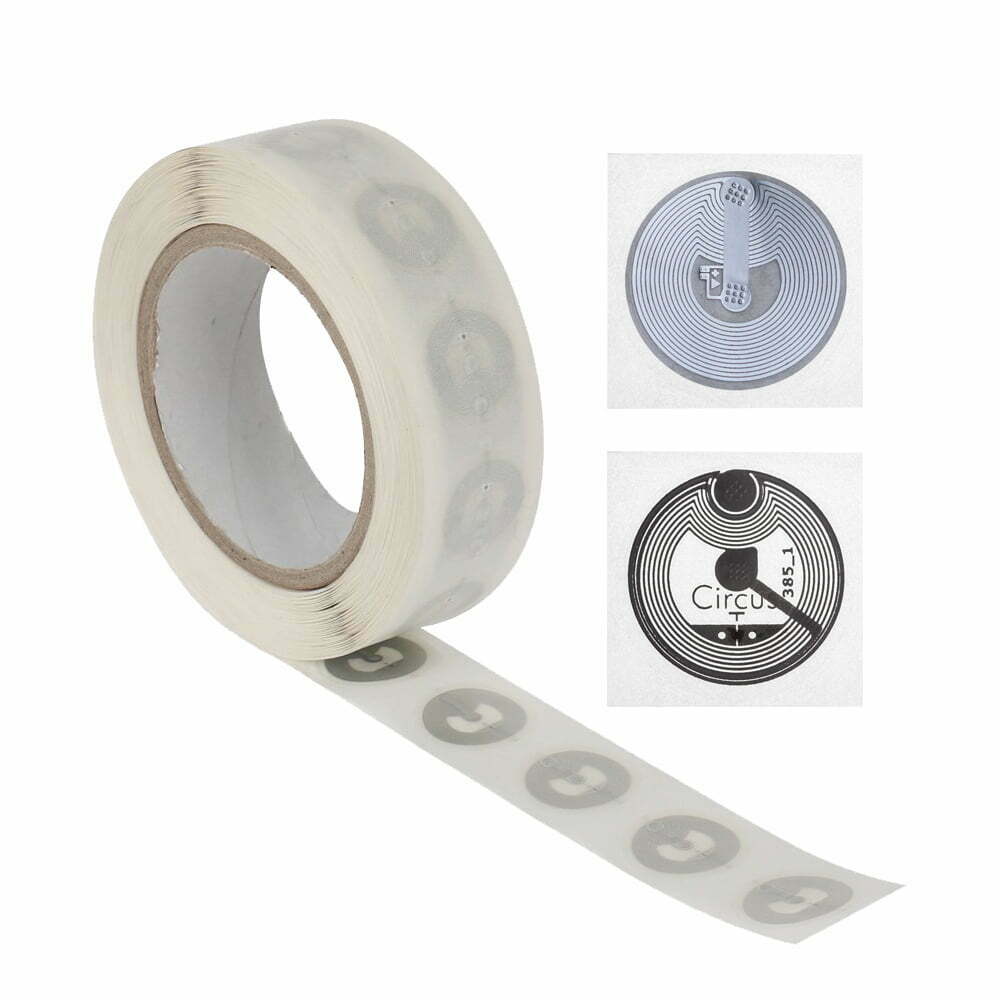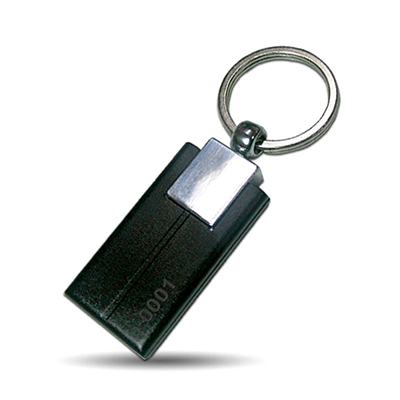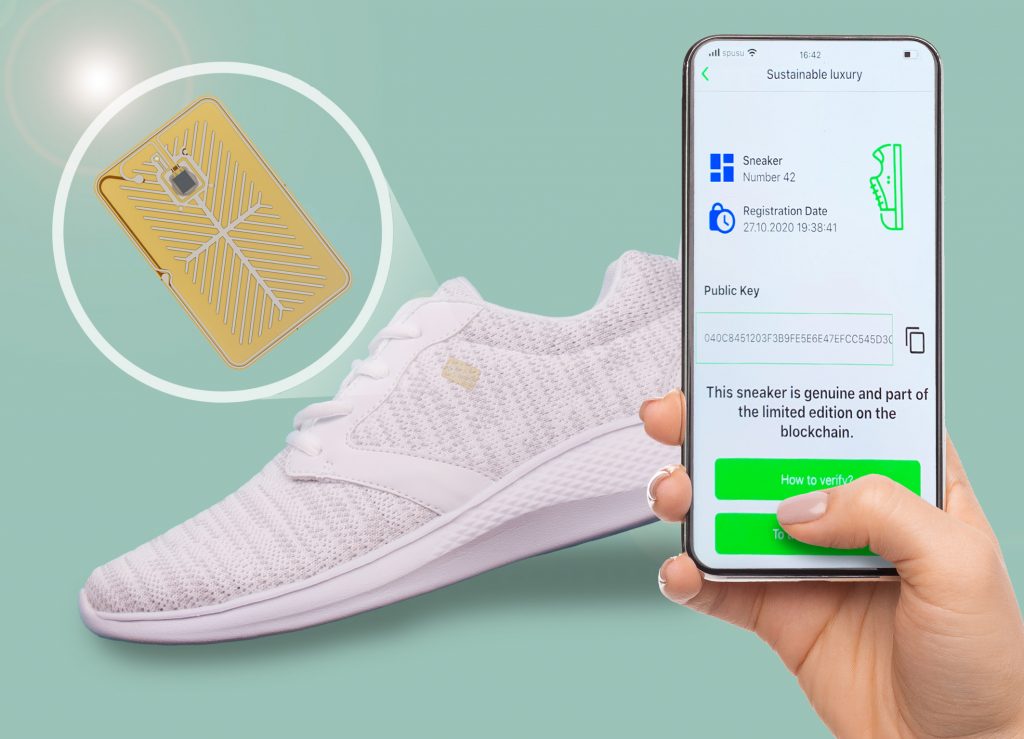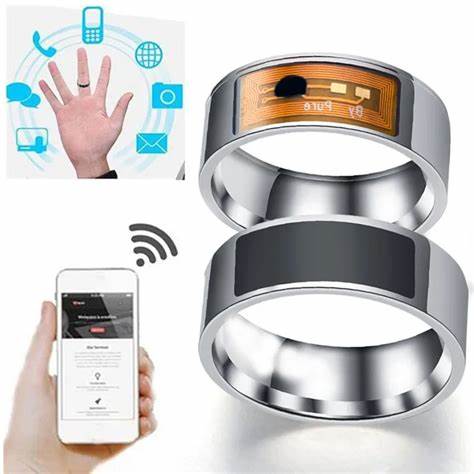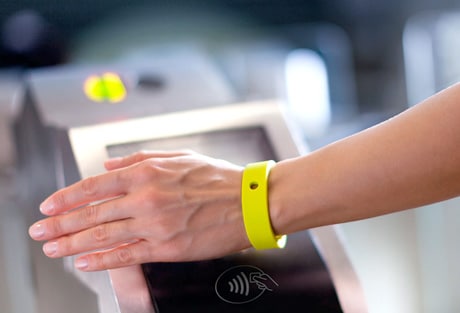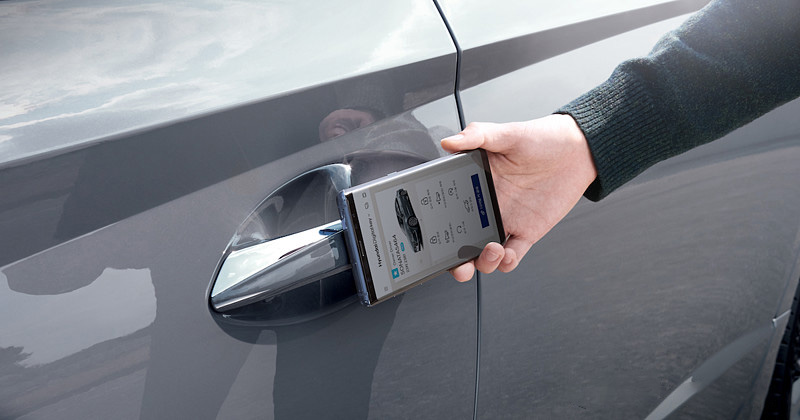
The automotive industry is undergoing digital transformation, with NFC (Near Field-communicatie) technology at the forefront. From keyless entry to predictive maintenance, NFC is revolutionizing the way we interact with our vehicles. By 2026, 40% of new cars will be equipped with NFC-enabled systems (Gartner), providing enhanced convenience, safety, and efficiency.
The future of NFC in the automotive industry, its technical challenges, and the practical applications that will drive the industry forward.
NFC in the automotive industry: an innovation roadmap
a.2024:Digital key sharing
-
- What it is: NFC-enabled smartphones replace physical car keys.
- Hoe het werkt:
1.Tap the door with your phone to unlock it.
2.Share your digital keys with family or friends via the app.
-
- Advantage:
Eliminate key duplication costs.
80% reduction in key loss (BMW case study).
- Advantage:
Voorbeeld: BMW’s Digital Key Plus allows iPhone users to unlock and start a car with a single touch.
b.2025:Predictive maintenance triggers
- What it is: Een NFC-tag embedded in a vehicle’s parts triggers a maintenance alert.
- Hoe het werkt:
1.The mechanic scans the NFC-tag to access real-time diagnostics.
2.The owner receives a proactive maintenance notice. - Advantage:
30% reduction in failures (McKinsey).
Extend the life of your vehicle.
Voorbeeld: Tesla is testing an NFC-enabled tire pressure sensor that alerts the driver before a problem arises.
c.2026:In-vehicle payment integration
- What it is: NFC-enabled dashboard for seamless payments.
- Hoe het werkt:
Pay for fuel, tolls, or parking directly from your car’s infotainment system.
Integrate with digital wallets like Apple Pay and Google Pay. - Advantage:
Save time at toll booths and gas stations.
Improve driver convenience.
Technical Challenges: Meeting Automotive Standards
AEC-Q100 Certification
What It Is: A rigorous standard for electronic components in vehicles.
Requirements:
Operate in extreme temperatures (-40°C to 125°C).
Withstand vibrations, vochtigheid, and EMI (electromagnetic interference).
Waarom het ertoe doet: Ensures NFC tags are reliable and durable in automotive environments.
Voor de tip: Partner with suppliers offering AEC-Q100 certified NFC tags to avoid compliance issues.
Security Concerns
Uitdaging: NFC systems must prevent hacking and unauthorized access.
Oplossing: Use AES-256 encryption and secure element (SE) chips for data protection.
Case study: NFC Reduces Key Loss by 80% for Rental Car Company
Probleem: A leading rental car company lost $1.2 million annually due to misplaced or stolen keys.
Oplossing:
Replaced physical keys with NFC-enabled digital keys.
Integrated NFC tags into vehicle dashboards for easy access.
Resultaat:
Key loss reduced by 80%.
Customer satisfaction improved by 25%.
Operational costs cut by $900,000/year.





